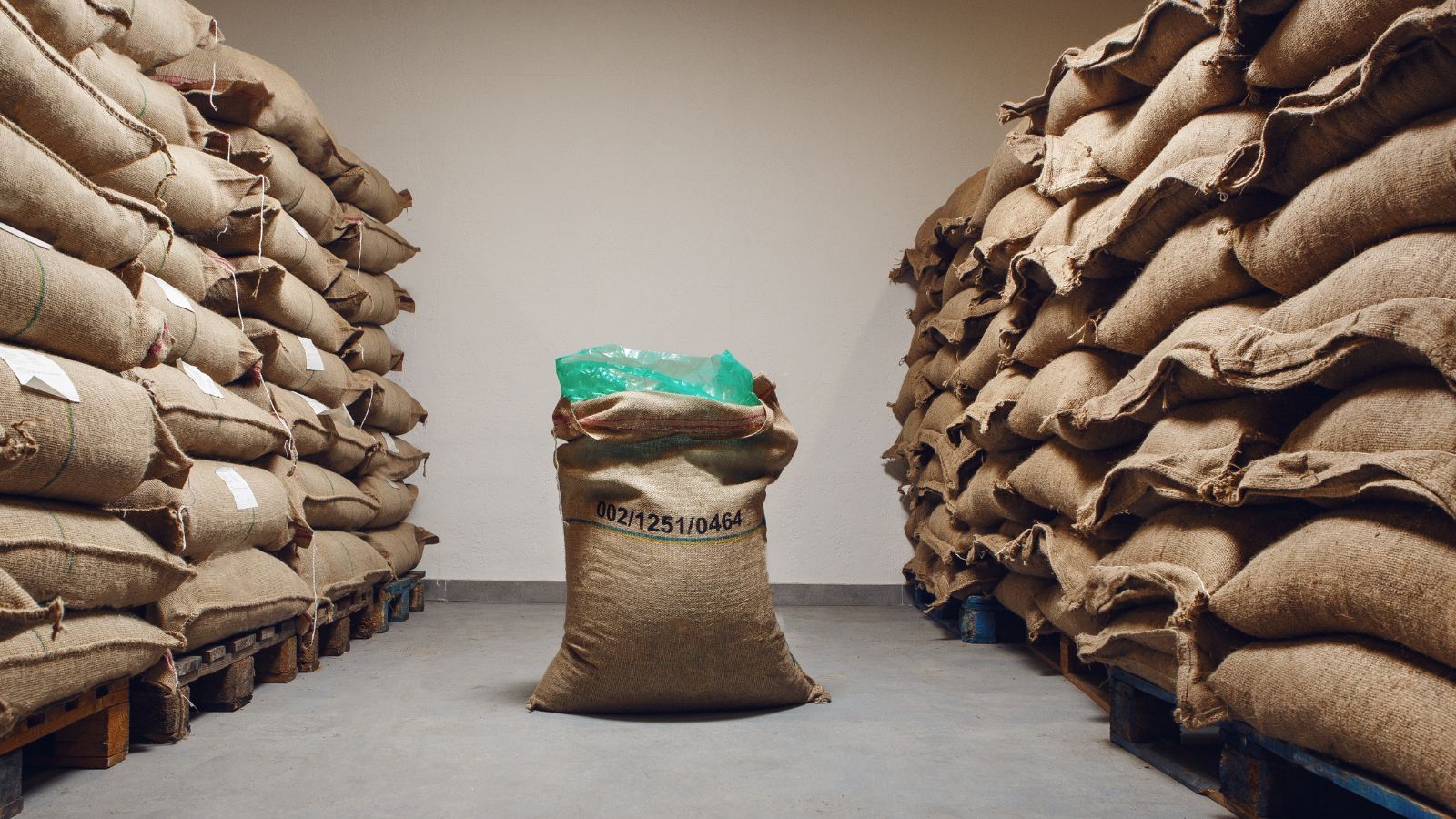Canada likes to think of itself as an independent economic powerhouse, rich in resources, innovation, and homegrown talent. However, if we dig a little deeper, you’ll find that a surprising number of key, big industries are controlled, sometimes overwhelmingly, by foreign companies.
Now, foreign investment isn’t inherently bad. It can bring jobs, expertise, and global opportunities. But when ownership falls too far away from domestic hands, it raises big questions. Who really benefits? Who’s making the decisions? And at what point does “foreign investment” become “foreign control”? Here’s a closer look at 22 Canadian industries that aren’t as Canadian as you might think.
Oil and Gas

Canada is one of the world’s biggest oil producers, yet a massive part of its energy sector is owned by foreign companies—primarily American and Chinese firms. From extraction to pipelines, international giants call a lot of the shots.
When a Canadian oil company gets acquired, profits, decision-making, and even environmental policies start reflecting foreign priorities. So the question arises, do they really need countries like America and China to handle this big firm?
Mining

Canada has it all: lithium, nickel, and gold. However, international firms, particularly those based in China and Australia, dominate a large portion of the mining industry.
The wealth created by natural resources doesn’t necessarily stay in Canada because, in some cases, Canadian mining firms are only subsidiaries of multinational mining corporations.
Banking and Finance

Even though RBC, TD, and Scotiabank are Canadian banks, a thorough look reveals that they have large shares held by foreign investors.
Additionally, global firms from the US and Europe have flooded wealth management and investment banking, impacting financial markets and policy choices..
Real Estate

Wonder why housing in Canada is so expensive? Foreign investment is a huge factor. Real estate developers and offshore buyers, primarily from China and the U.S., have been scooping up properties, particularly in Vancouver and Toronto, inflating prices and making homeownership a distant dream for many Canadians.
Telecommunications

Yes, Telus, Bell, and Rogers are Canadian companies. However, they rely heavily on foreign sources for their tech relationships, infrastructure, and even shareholder power.
A layer of global control is added by the fact that some of the hardware and software used by Canada’s networks are also provided by foreign companies.
Airlines and Aerospace

The airline industry is tightly regulated, and outright foreign ownership of carriers is limited. However, foreign involvement still exists. Air Canada and WestJet have major international investors, and Bombardier’s iconic aerospace division was largely sold off to Airbus (a European company).
Retail Chains

Tim Hortons? Owned by a Brazilian firm. Hudson’s Bay? Controlled by a U.S. company. Many iconic Canadian brands have been swallowed up by international corporations, meaning business decisions aren’t necessarily made with Canadian consumers in mind. This means that, more or less, decisions are made even when they don’t agree to it.
Agriculture and Food Processing

For the time being, Canadians still control the farms in Canada, but what about the businesses that produce and distribute that food? Not at all. A large portion of what ends up on Canadian tables is controlled by foreign multinational corporations, from grain businesses to meat-packing operations.
Beer, Wine, and Liquor

Do you believe Molson is Canadian? In a technical sense, it belongs to the American company Molson Coors. International corporations have also purchased a number of vineyards and distilleries; thus, such “local” beverages often have foreign ownership behind the scenes.
Pharmaceuticals

The pharmaceutical industry is overwhelmingly foreign-dominated. Most medications in Canada come from multinational drug companies, and pricing decisions are often made in boardrooms outside the country. Furthermore, generic drug production is increasingly controlled by foreign firms.
Insurance

Although their headquarters are often in the United States or Europe, foreign-owned insurance businesses operate under names that look Canadian. This implies that actions made well outside of Canada may have an impact on policies, rates, and rewards. Basically, these nations are the only ones in charge of it.
Construction and Engineering

Ever noticed how many of Canada’s major infrastructure projects are run by foreign firms? European, American, and even Chinese engineering giants win a significant number of contracts, leaving Canadian firms playing a secondary role.
So can we say they lack leadership qualities and right management, despite the fact they own something yet have to be second in it.
Tech and IT

Canada has some amazing tech startups, but here’s the problem—most of them don’t stay Canadian for long. U.S. big firms like Google, Microsoft, and Amazon frequently acquire promising companies, shifting innovation and intellectual property south of the border.
Media and Entertainment

Hollywood loves filming in Canada, but that doesn’t mean the entertainment industry is truly Canadian. Major studios, streaming services, and even news media have significant foreign ownership, shaping the content Canadians consume.
Fisheries

Canada’s fishing industry is world-renowned, yet many processing and export companies are foreign-owned. This means that while Canadian waters provide the seafood, the profits often flow overseas.
Renewable Energy

With the world going green, Canada’s wind and solar industries are growing fast. But many of the companies leading the charge are foreign-owned, meaning the energy transition isn’t entirely in Canadian hands.
Automotive Industry

Canadian car manufacturing is deeply tied to global supply chains. Plants in Ontario and Quebec are owned by U.S., Japanese, and European automakers, and while they employ Canadians, major business decisions happen elsewhere.
Artificial Intelligence

Canada is a global leader in AI research, but who benefits? A lot of the top AI talent and startups get scooped up by Silicon Valley, meaning Canada develops the tech, but other countries profit from it.
Logistics and Shipping

Trucking, rail, and shipping—critical parts of Canada’s supply chain—have seen increasing foreign investment. With supply chain disruptions becoming more common, who controls these systems matters more than ever.
Private Education

International investors are increasingly involved in Canada’s private education sector, particularly in specialized programs like business and technology. This shift raises questions about long-term priorities in education.
Online Marketplaces and E-commerce

Amazon, eBay, Alibaba—most of the big e-commerce platforms in Canada are foreign-owned. While Shopify is a Canadian success story, the reality is that many of the online shopping platforms are controlled by international companies.
Cybersecurity

As cybersecurity becomes a bigger concern, Canada relies heavily on foreign-owned firms for protection. While there are Canadian cybersecurity companies, many of the major players operating in the country are based abroad. If they look inward and strengthen their companies, they don’t have to rely on others.
Conclusion

Foreign investment isn’t a bad thing; it creates jobs, boosts the economy, and brings in expertise. But there’s a fine line between investment and control. When too many key industries are owned by international corporations, Canada risks losing economic independence.
Who makes the big decisions? Where do the profits go? How much control does Canada really have over its own economy?
These are the kinds of questions Canadians should be asking. Because at the end of the day, a country that doesn’t control its own industries isn’t really in control at all.
25 Countries Predicted to Become Economic Superpowers in the Next 20 Years

The strength of an economy plays a crucial role in various international policies about trade and relations. Certain factors determine the strength of an economy, including population growth, availability of resources, and development and advancement. Here are 25 countries predicted to become economic superpowers in the next 20 years
25 Countries Predicted to Become Economic Superpowers in the Next 20 Years
